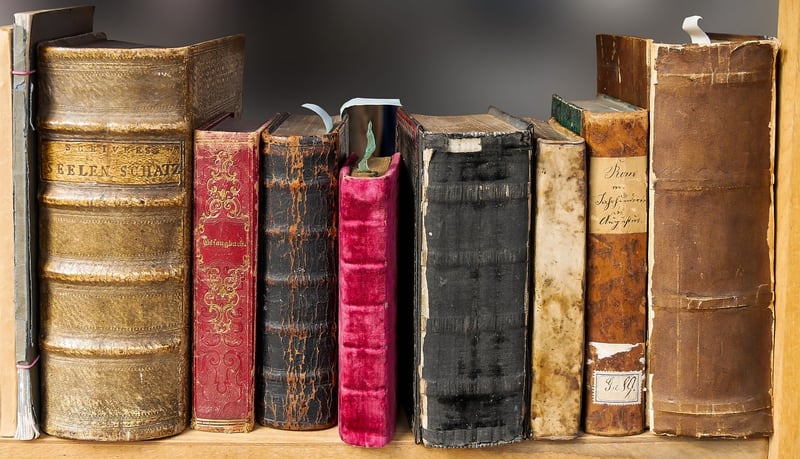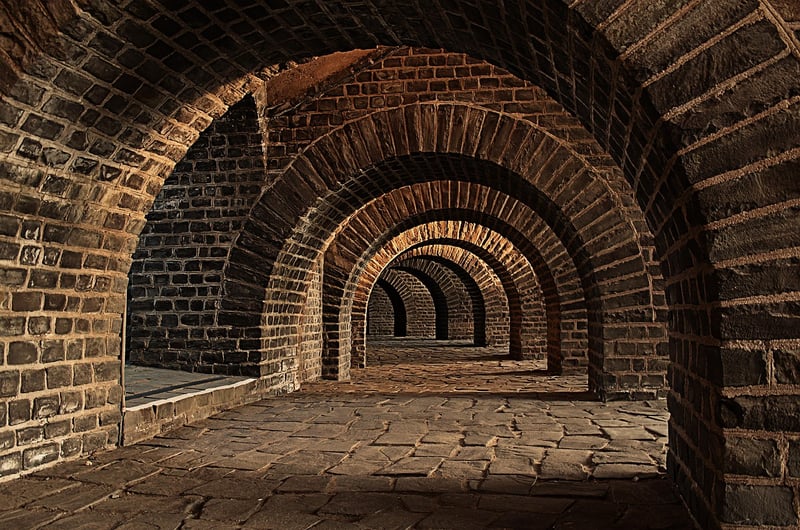Altering History
The Impact of Moral Considerations on Altering History
In examining the complex interplay between moral considerations and altering history, one is confronted with a multitude of ethical dilemmas and philosophical questions. The concept of rewriting historical narratives raises profound issues about truth, justice, and the potential consequences of manipulating the past for present gains.
The Ethics of Altering History
At the heart of the matter lies the question of whether it is morally permissible to alter historical records. While some argue that revising history can correct past injustices and provide a more accurate account of events, others caution against the dangers of tampering with the truth and erasing valuable lessons from the past.
Considerations for Historical Revisionism
- Accuracy: How do we ensure that the revised version of history is more truthful than the original?
- Intentions: Are the motives behind altering history driven by a genuine desire for justice and reconciliation, or are they rooted in ulterior motives?
- Consequences: What potential impact could rewriting history have on future generations and society as a whole?
Case Studies in Moral Dilemmas
Examining specific instances of historical revisionism can shed light on the ethical complexities involved. From whitewashing atrocities to glorifying controversial figures, each case presents a unique set of moral considerations that have far-reaching implications.
Image of Moral Considerations in Action

When faced with the decision to alter history, individuals and societies must navigate a delicate balance between honoring the past and confronting uncomfortable truths. By critically evaluating the ethical implications of rewriting history, we can strive to create a more just and informed future.
Conclusion
As we grapple with the complexities of moral considerations in altering history, it becomes apparent that there are no easy answers. The ethical dilemmas inherent in revising historical narratives demand careful reflection and a nuanced understanding of the past. By engaging in open dialogue and fostering a culture of historical integrity, we can navigate the challenges of rewriting history with a steadfast commitment to truth and justice.
